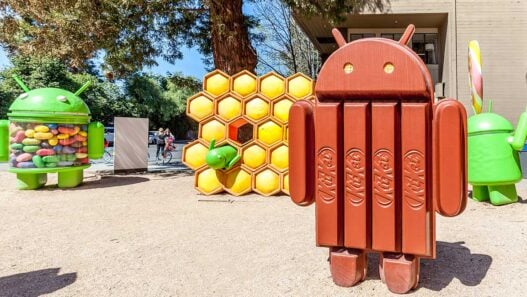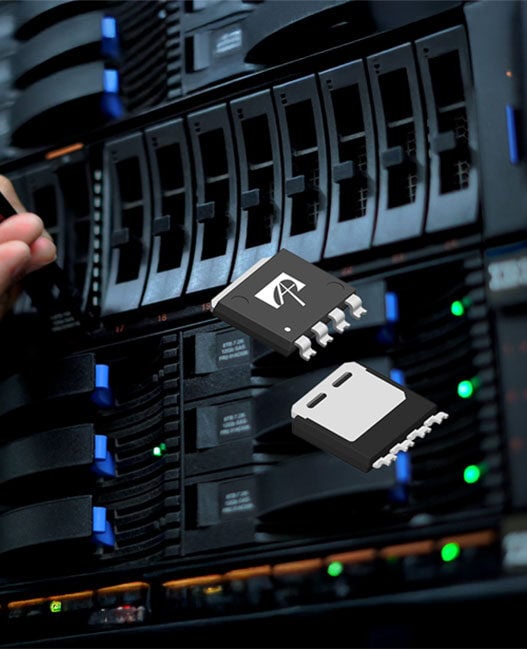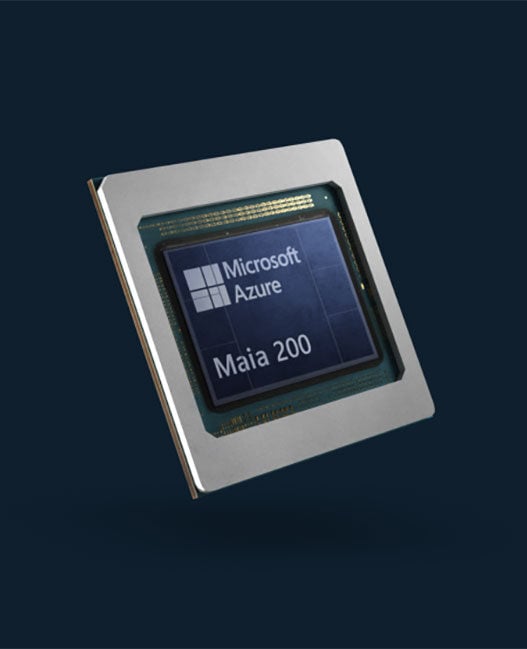Today there are about 175,000 online-connected Volvo trucks on Europe’s roads. A number of them can already today send information about when they need maintenance and some of the necessary service work can even be administrated remotely. However, this is just the beginning.
“In coming few years, for instance, the truck will be able to monitor its own health in real-time, promoting easier and quicker service which leads to higher productivity for all concerned, drivers, workshops and haulage firms,” says Hayder Wokil.
In the future the truck will also make workshop administration easier by booking its own service as and when necessary, booking the appropriate mechanics for the relevant jobs and advance-ordering the necessary parts for delivery to the workshop. Repairs will be able to be performed wherever the truck happens to be and will be carried out at an appropriate time in its working schedule.
“Service will be synchronised with the truck’s operating timetable and will be booked at the nearest workshop at a time when the vehicle would not normally be in operation, for instance at night or when the driver has to take a legislated break. Using online connectivity the truck will also be able to carry out simple self-repairs remotely,” explains Hayder Wokil.
Tomorrow’s truck will also enable more flexibility. As the connectivity potential for trucks continues developing, vehicles will be able to be specified to suit each individual operation, which in turn allows for greater cost efficiencies.
“The next generation of trucks will be increasingly personalised and will for example be able to be tailored to match the operator’s needs and driving style. It will also be able to update its own configuration to suit specific transport assignments,” explains Hayder Wokil.
One important prerequisite for exploiting the benefits of connectivity is the collection of large quantities of data. According to Per Adamsson, Director Strategy & Business Development, Volvo Group Telematics, today’s trucks will follow the trend shown in recent years by smartphones.
“In the automotive industry there is a lot of talk about ‘The Smartphone on Wheels Evolution’”, reveals Per Adamsson. “In the near future trucks will be able to communicate with other road users as well as with mobile remotely-enabled devices such as cycle helmets, helping to cut the risk of accidents and reducing unplanned downtime.”
“Thanks to online connectivity, in the future the truck will also be able to independently monitor traffic status and select the most efficient route if there are traffic jams or roadworks en route,” adds Per.
However, although much of the technology for realising tomorrow’s truck already exists today, it may take some time before the next-gen scenario becomes a reality.
“The biggest challenge lies in sifting through the massive amount of data we collect from our vehicles. The infrastructure for connectivity throughout the world also needs to be further developed before we can transform next-generation vision into everyday reality,” says Hayder Wokil.
In addition to predicting faults, in another few years truck manufacturers will be able to better understand why faults occur in the first place, before they occur. The vehicle will also be able to rectify minor faults on its own, issue an alert or book its own service before a problem arises.
In the future, service will involve far less administration for the haulage company and workshop since the truck will be able to handle booking a service or downloading and updating its own on-board software by itself.
Before too long all the products around us, such as watches, jackets and cycle helmets, will be able to communicate directly with one another as long as the connection adds values. Tomorrow’s wristwatch, for example, will not just show the time, it will also be able to monitor a driver’s pulse and issue an alert and even activate ‘autopilot’ if something happens to the them.
The more information the truck manufacturer has about who is behind the wheel and who owns the truck, the easier it becomes to individually tailor the truck to match specific driving styles and transport operation.















